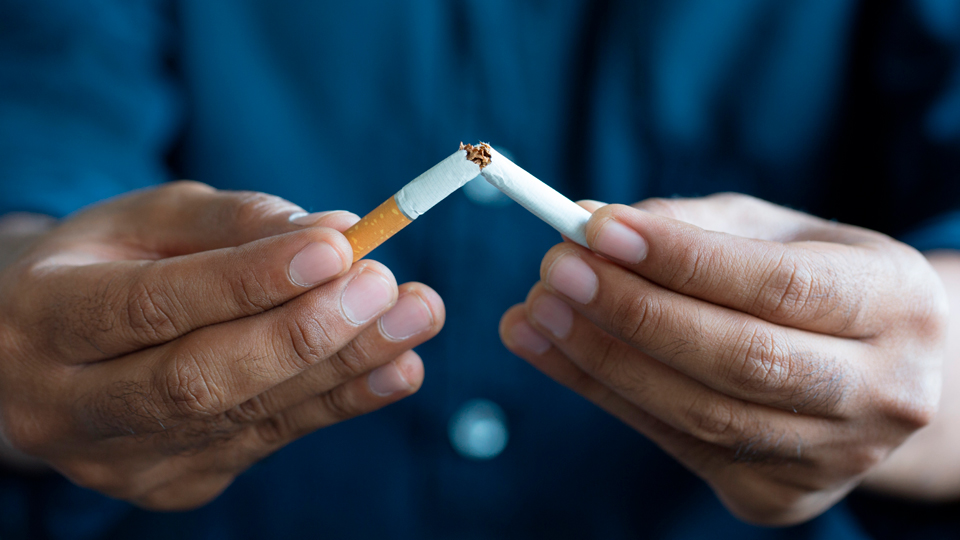All about the skin around the eyes and “drooping” eyelids
04/04/2025

31/05/2021
Today is World No Tobacco Day, a date established by the WHO to fight against smoking and its lethal effects. This year the campaign focuses on the evidence that smokers are more likely to develop severe illness with COVID-19 than non-smokers.
Although tobacco has a direct effect on various eye diseases, we take advantage of this day to emphasize its impact on a condition that is very prominent due to the COVID-19 pandemic, dry eye.
Lockdowns have increased our exposure time to screens and our patients complain of discomfort such as a feeling of grit, redness, burning, itching…, all of them symptoms of dry eye. This symptomatology can be attributed to the decrease of the blinking due to the visual fixation on the screens, which causes the tears to evaporate quickly and poor lubrication of the eyes.
If we add tobacco to this overexposure to screens, the symptoms worsen significantly. Numerous studies support the direct relationship between tobacco and the risk of suffering from dry eye or worsening its symptoms. In addition, second-hand smokers are also affected by smoke, especially contact lens wearers.
Dry eye is a chronic disease that does not have a permanent cure. Treatment is aimed at prevent and cure possible lesions on the eye's surface caused by dryness and alleviate the symptoms. One of the factors that make the disease worse is being exposed to smoky environments.
If the continued use of the computer for many hours cannot be avoided, for the screen overuse we recommend blinking frequently and rest for 5 minutes every hour.
We join the WHO initiative and encourage smokers to commit to quitting tobacco today. We also remind them that they should undergo more frequent eye check-ups since tobacco has a direct impact on various eye diseases such as cataracts, age-related macular degeneration, diabetic retinopathy..., along with dry eye.